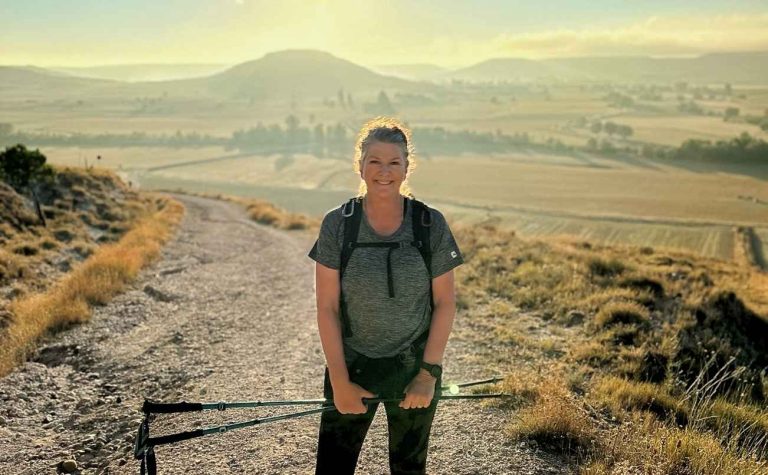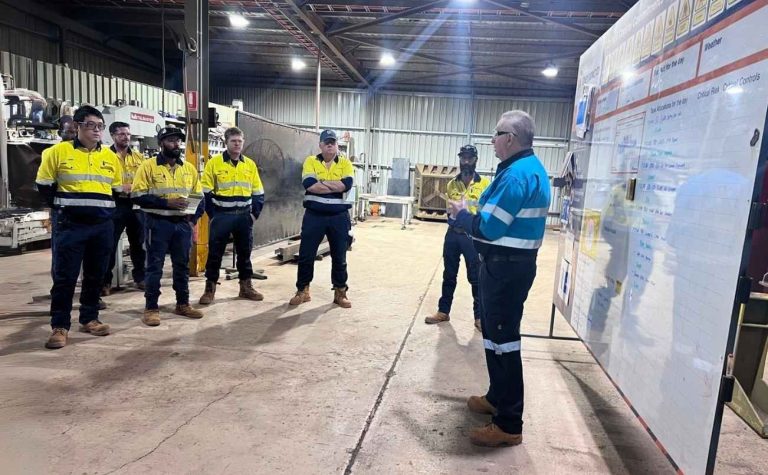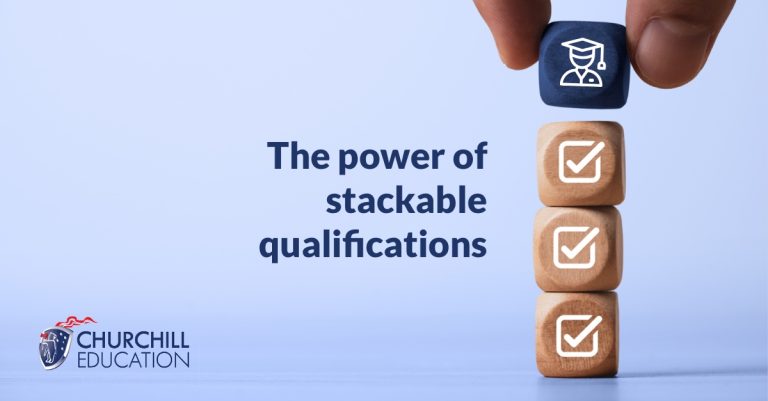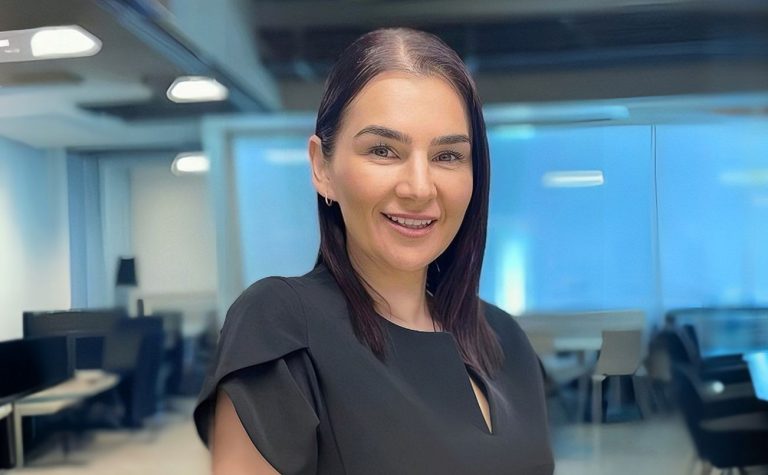This week Randall and I have taken the family and headed over the border to a sleepy little beach town in New South Wales, Scotts Head.
It’s a simple place … you can get a decent coffee in the morning and a great roast dinner at the Bowls Club in the evening. In between, a swim or two or three, and a snooze under a tree with a good book falling into my lap. You get the idea.
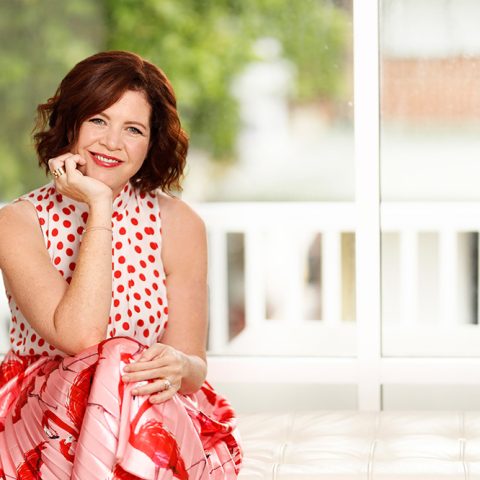
All around us, people are still working … as we are. If COVID-19 has taught businesses anything across the globe it is that work is portable if you have a good internet connection and a video call app at the ready.
I’m pretty convinced that 2020 will permanently impact the way people work … you would have seen this already too.
As the year is wrapping up, the latest email from Scott Pape, the Barefoot Investor, landed in my inbox. It’s an email that both Randall and I read, top to bottom and more often than not, talk about – whether it is for how he makes us chuckle or for the sound advice.
This is one email we recommend you subscribe to.
And while you are at it, grab his book.
I have lost count of how many copies I have bought to share with other families … none of that financial wizardry stuff that promises untold riches through risk maneuvers. This book is all about the promise of financial peace of mind through common sense, completely achievable strategies of daily money management.
Find out what you’re eligible for
This week’s email gave Scott Pape’s insight into what he thinks could happen in 2021 – as ever, it was a worthwhile read and you can check it out here.
The article got me thinking about something that has been coming up a lot in conversations we have been having … from clients at Churchill to parents around end of year school events when they find out what Randall and I do for a living … how do you prepare yourself with certainty in an uncertain world, on the career front?
On the personal financial front, Scott Pape recommends getting some savings in the bank and reducing debt.
For us, on the career front, here’s our top 3 recommendations for getting prepared for 2021 … think of it like career insurance.
1. Bank evidence of the work you have done in 2020
Sadly, I have had too many conversations with people either making the decisions about redundancies for a company or people on the receiving end of the redundancy paperwork; people who never saw it coming.
The reality of redundancy is that most of the time, people are left reeling – and locked out of work systems without access to emails or the work they have been doing day in, day out.
Before the year ends, sit down and go back through the year that has been, gathering up examples of the work you have been doing.
Whether it is monthly reporting, project plans, people management, strategic business operational plans, KPIs, position descriptions and statement of duties, training you have delivered or completed …. Bank it.
You can censor business sensitive materials – this is not about swiping the intellectual property of your employer, this is about retaining evidence of your level of skills and knowledge, and your career achievements.
Bank it by taking a copy digitally or printing a file if you want to go old school.
You can even bank it with us, in your own secure portal with Churchill Education – which our clients have been finding extra handy when they get locked out of systems. (If you need your own personal link sent through, let us know and we’ll get you sorted.)
You see, that work you have done is all vital when it comes to providing evidence that can help you write your best resume, answer questions with specific examples in an interview, update your LinkedIn profile and translate that experience into competitive qualifications for the job market.
Apply for a complimentary Recognition of Prior Learning assessment to find out what you are eligible for.
It is your savings in the career bank.
2. Check out your Job Options
You could be really happy in your current position. I hope you are.
And still, I want you to take stock – what are the job options that could be open to you if your situation changed?
Think it over and get clear about what you want from a job and what you would be prepared to take. One client accepted a job at $7k less annually but with the combination of a slide down the tax scale, much more time at home with his family and good prospects for promotion, he figures he came out winning.
3. Plug any Career Ready Gaps
Once you have done that, ask yourself: what are those jobs requiring?
Read job ads, talk to friends, tap into recruiters’ knowledge – basically, this is the time to make sure your skills, knowledge and career profile is lined up to put you in the best position if you needed to transition jobs.
And then make a plan to plug any gaps you identify.
It could mean putting your hand up to develop a new skill set at work.
It could mean asking to complete a training course.
It could mean updating your qualifications.
It could mean mentoring someone.
The best time to get this all sorted is before you need it.
Too many times, people are caught short and the extra stress is the last thing they need in times of change.
Let’s face it, no-one really saw COVID-19 coming when we sailed into 2020.
But the reality is that we are going to be seeing the wash from this on the economic front for a while.
Find out what you’re eligible for
So take a little time to put yourself in the best position you can – both with the financial wisdom of Scott Pape on the personal money front and on the career front.
Now, I’m going to put the laptop down and get into the waves with the kids.
Stay safe and as always, if we can help, we are here. 1300 793 002 / hello@churchilleducation.edu.au
Tricia Velthuizen
Co-founder, Churchill Education



